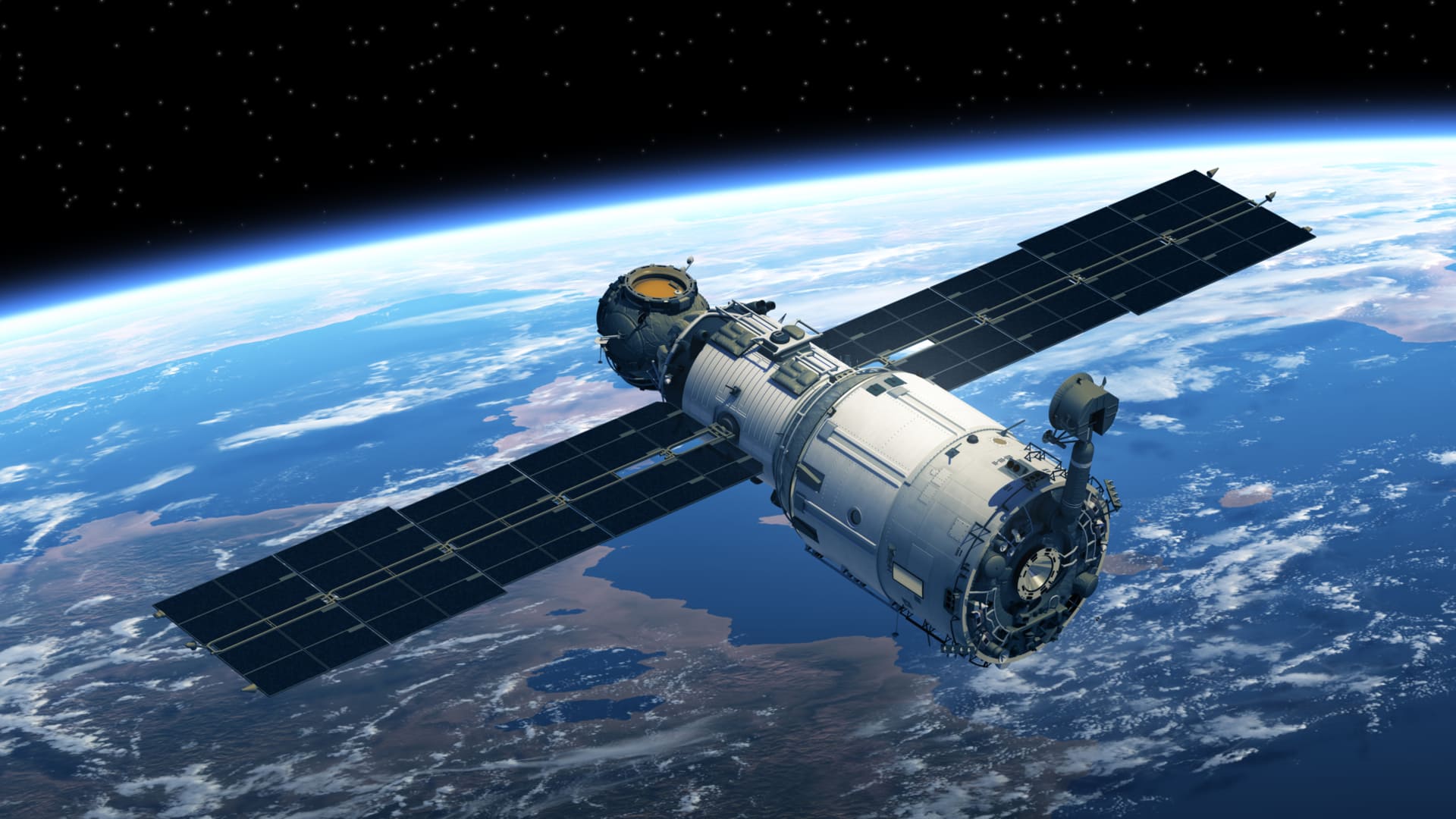News Highlight
ISRO’s RISAT-2 satellite, launched in 2009, has made an uncontrolled re-entry into the Earth’s atmosphere.
Key Takeaway
- The space agency on Thursday said the RISAT-2 satellite, weighing about 300 kg, made an uncontrolled reentry in the Indian Ocean near Jakarta on October 30.
RISAT satellite series
- About
- Radar Imaging Satellite, or RISAT, is a series of Indian radar imaging reconnaissance satellites built by ISRO.
- RISAT-2
- India had 2009 launched RISAT-2, the first of the series to reach orbit.
- It was bought from Israel for USD 110 million, largely for surveillance purposes.
- This Satellite enhanced ISRO’s capability for Disaster Management applications.
- RISAT-1
- In 2012, ISRO launched India’s first indigenous all-weather radar imaging satellite, RISAT-1.
- The satellite provides all-weather surveillance using synthetic aperture radars (SAR).
- RISAT-2B
- It is built to work for at least five years and would replace the RISAT-2 that has been used for monitoring activities in camps in Pakistan and thwarting infiltration bids by terrorists from across the border.
- This is the third Indian RISAT in ten years, and it has been placed in a low earth 557-kilometre orbit.
- RISAT-2B’s X-band synthetic aperture radar can give details such as the size of objects on Earth, structures, movement and change.
RISAT-2
- About
- RISAT-2, or Radar Imaging Satellite-2, was an Indian radar imaging reconnaissance satellite part of India’s RISAT programme.
- History
- RISAT-2 was built accelerated following the 2008 Mumbai attacks due to a delay with the indigenously developed C-band for RISAT-1. It is India’s first dedicated reconnaissance satellite.
- A reconnaissance satellite or intelligence satellite is an Earth observation satellite or communications satellite deployed for military or intelligence applications.
- Aims and objectives
- It is designed to monitor India’s borders and as part of anti-infiltration and anti-terrorist operations.
- Features
- The satellite has a mass of 300 kg.
- The X-band SAR used by RISAT-2 was obtained from Israel.
- The SAR sensor enables RISAT-2 to return images at any time of day and in all weather conditions.
- Applications
- RISAT-2 was India’s first satellite with a synthetic-aperture radar (SAR).
- It possesses day-night as well as all-weather monitoring capability.
- Potential applications include tracking hostile ships at sea deemed a military threat to India.
Content Source: The Hindu



